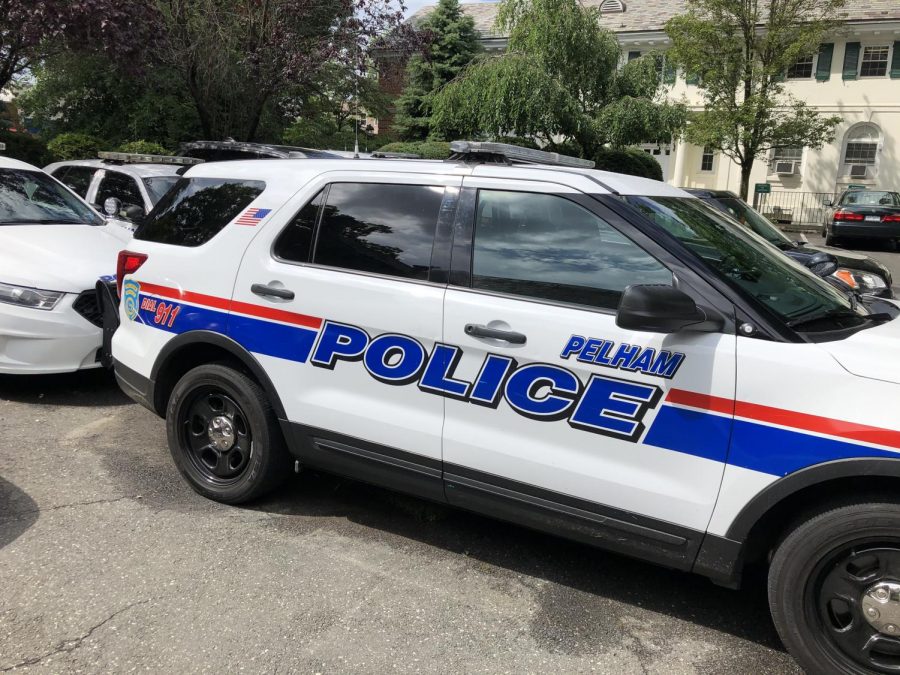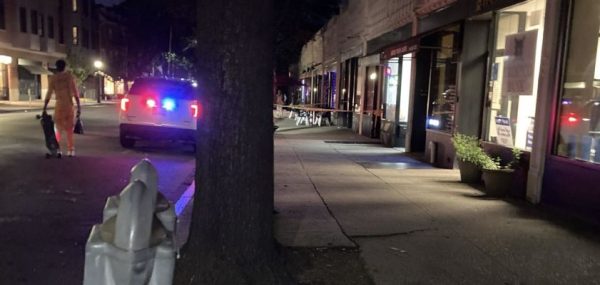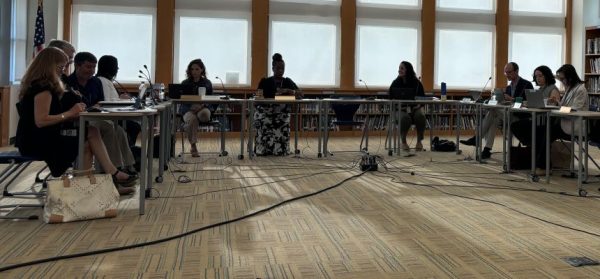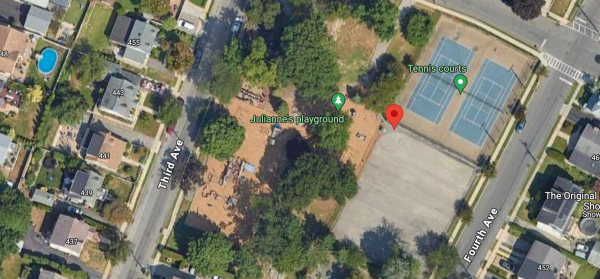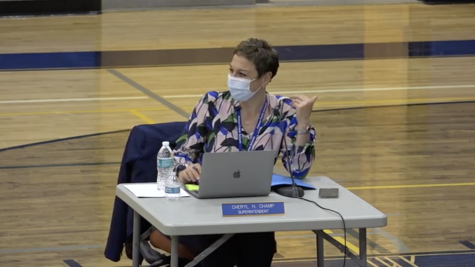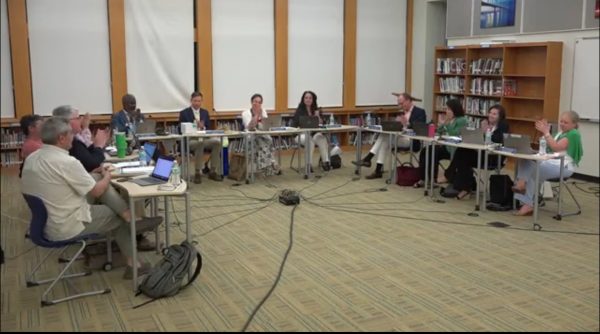Members of Pelham police reform panel on work: Talks ‘between neighbors,’ ‘lot of education’
The Village of Pelham Police Steering Committee has met seven times over the past several weeks to discuss the status and public perception of the police in Pelham. Ella and Veronica Stern, two of six Pelham residents on the panel, described these “early stages” on the committee as a conversational approach to research and understand how the department functions.
Both said they have faith in Mayor Chance Mullen’s “intentional plan” of action for the future. Ella Stern said the ongoing meetings are “a way to bridge the gap between BIPOC and police,” since there hasn’t been a forum for such discussion in the past. Much of the information shared in the early meetings regarded sensitive personal experiences, she said, and so she sees opportunity for engagement by the rest of the community in later conversations.
Veronica Stern said the main goal of the committee is to achieve “more transparency” for village residents into the police department. Although a clear plan has not yet been created to do that, Stern said she hopes the committee will help foster a better sense of understanding and clear communication in the community. Meetings have thus far more closely resembled “conversations between neighbors” than strategy sessions, she said, and have helped her understand “why things are the way they are.”
Resident member Jeff Watkins said that some of the conversations have centered around topics as simple as the functioning of village government. He said he is discovering that learning about existing systems is as important a factor in the process as creating visible change.
“It’s a lot of learning, a lot of education… understanding that it is a process, it’s not something that’s some instantaneous type of change, if any comes about,” Watkins said. “At first, I think a lot of people, even myself included, can be quick to want to see things happen.” He said he is growing accustomed to the fact that the change he and many others want to see requires a more long-term commitment.
Mullen created the steering committee as the first in a three-phase process to complete a state-mandated action plan addressing structural racism in policing.
The demand to address racism in local departments across the state came in “Executive Order 203: New York State Police Reform and Reinvention Collaborative,” which Gov. Andrew Cuomo signed June 12 in the wake of the killing of George Floyd while in police custody and the protests that followed across the U.S., including in Pelham. In mid-August, the state issued a handbook for municipalities and citizens on how to carry out the review process (click to download).
Mullen has held the meetings of the steering committee behind closed doors, saying the six residents on the panel need a safe space for discussions of incidents of racism involving the police.
However, the state’s handbook states: “The governor’s executive order specifically requires an inclusive, open and transparent process,” including “making planning and deliberation meetings public.”
The remaining three resident representatives on the committee, Krystal Howell, Okey Obudulu and Teisa Salmon, declined to be interviewed or did not respond to email requests for interviews.
Also serving on the ten-person committee are Mullen, Village Administrator Omar Small, Trustee Ariel Spira-Cohen (who is liaison to the police department) and Police Chief Jason Pallett.
Ella Stern said she was frustrated by the discontent expressed by a few community members at not being included in the early stages of the steering committee process. “Pelham is a very reactionary town,” she said. She said she was disappointed that this response was not sparked by earlier projects like “The Pelham Laundry” installation at the Pelham Art Center. The project attempted to bring to light some of the same experiences that are now being shared in committee meetings by hanging online posts about racist incidents in Pelham on lines like laundry.
Veronica Stern does, however, hope to see more initiative from residents making a commitment to change as the committee discusses “how to make it make sense for everyone else.”
Watkins empathized with community members who have spoken up about more public involvement in the committee, but said that “consistency” is necessary to effect change.
“It was an awakening for me,” he said, “understanding the consistency that’s required.” Initially, Watkins had been eager to directly engage other residents in the process but saw that a firm foundation and education were necessary before opening the conversation to public input.
“If anything, in regards to any type of actions or report,” he said, “I think the public just needs to know that that’s not happening without them.”
Editor’s note: Ella Stern is Washington bureau chief of the Pelham Examiner.
Sophia Leung is a freshman at the University of Pennsylvania with an undecided major in the College of Arts and Sciences. In addition to contributing to...



